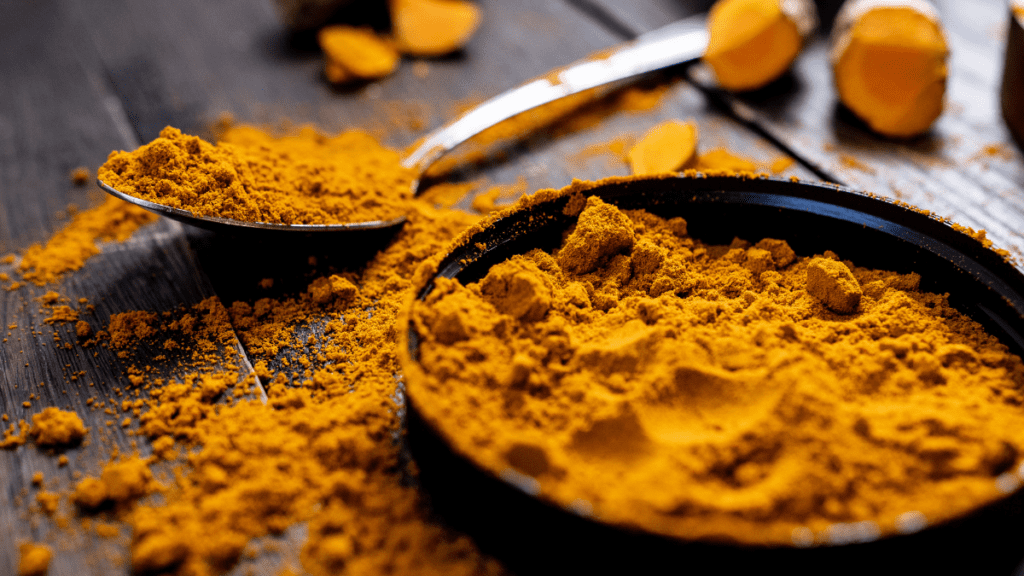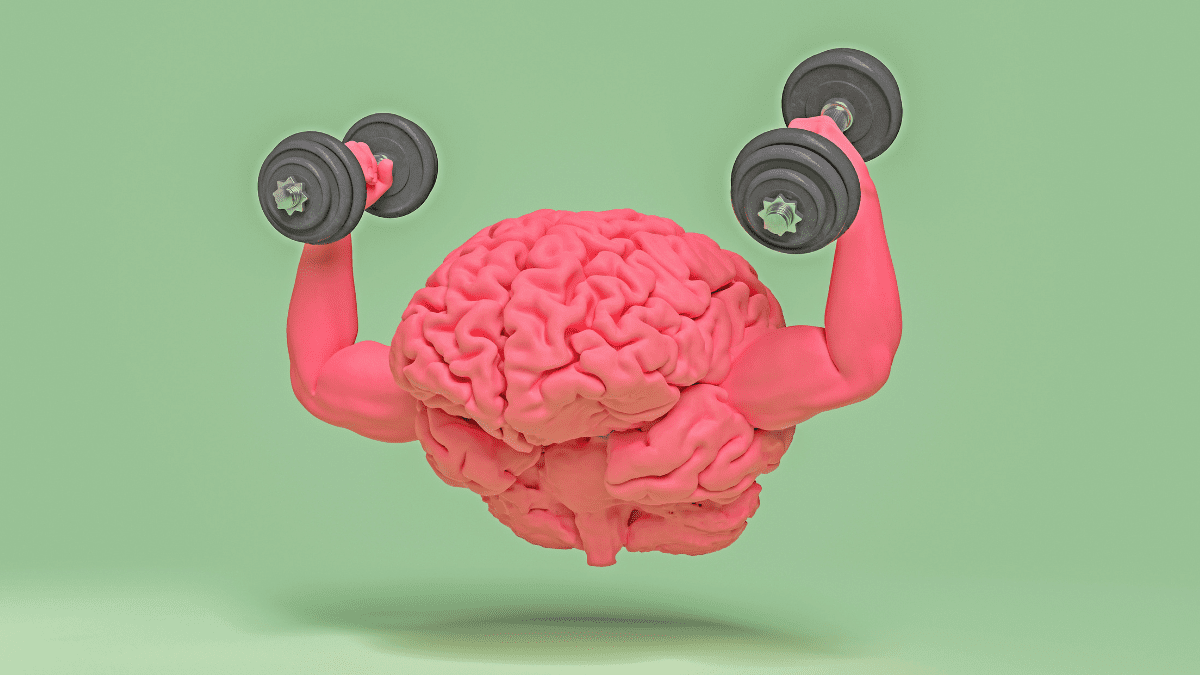Anti-Inflammatory Diets: Reverse Damage, Reclaim Energy
Reverse damage and reclaim energy with anti-inflammatory diets. Learn how the right foods can reduce inflammation, boost vitality, and restore your body's natural balance for long-term health and well-being.

Anti-inflammatory diets can help reverse damage and restore lost energy. While inflammation is a natural defense mechanism, chronic inflammation silently wreaks havoc on your body. It’s linked to fatigue, joint pain, brain fog, and even life-threatening diseases, draining your energy and accelerating aging.
The good news? Your diet has the power to fight back. Anti-inflammatory diets focus on nutrient-rich, healing foods that calm inflammation, restore balance, and boost vitality. Backed by science, these diets have helped countless people regain control over their health, eliminate pain, and feel more energized than ever.
In this guide, we’ll explore how the right foods can help you fight inflammation, reclaim your energy, and transform your well-being—starting today.
What Is Inflammation and Why Anti-Inflammatory Diets Matter?
Inflammation is the body’s defense against injury and infection. But when it becomes chronic, it can lead to serious health problems. Many diseases, including heart disease, diabetes, and arthritis, are linked to long-term inflammation.
How Chronic Inflammation Harms Your Health
Short-term inflammation helps heal wounds and fight infections. But chronic inflammation is different. It keeps your immune system overactive, leading to fatigue, pain, and disease. Research shows that ongoing inflammation may speed up aging and damage cells over time.
Why Anti-Inflammatory Diets Are Essential
Anti-inflammatory diets focus on foods that reduce harmful inflammation. These diets emphasize whole, nutrient-rich foods while cutting out processed, inflammatory ingredients. Studies suggest they can lower the risk of many chronic illnesses and improve overall well-being.
For example, a study from Harvard Health explains how anti-inflammatory foods like leafy greens, nuts, and fatty fish help control inflammation and prevent disease.
By making small dietary changes, you can protect your body, boost energy, and feel better every day. Up next, let’s explore the best foods for an anti-inflammatory diet and how they can heal your body from within.
Best Foods for Anti-Inflammatory Diets
The right foods can help lower inflammation and restore balance. Anti-inflammatory diets focus on natural, whole foods that fight inflammation and support overall health.
Top Anti-Inflammatory Foods You Should Eat
Adding these foods to your diet can help reduce chronic inflammation:
- Leafy greens (spinach, kale, Swiss chard) – Packed with antioxidants.
- Berries (blueberries, strawberries) – Rich in anti-inflammatory compounds.
- Fatty fish (salmon, sardines, mackerel) – High in omega-3s.
- Nuts and seeds (walnuts, almonds, flaxseeds) – Great for heart health.
- Olive oil – A healthy fat that reduces inflammation.
- Turmeric – Contains curcumin, a powerful anti-inflammatory.
- Ginger – Supports digestion and fights inflammation.
These foods provide essential nutrients that help your body heal and stay strong.
How Anti-Inflammatory Diets Boost Health
Research shows that anti-inflammatory diets can lower the risk of heart disease, diabetes, and even depression. According to Cleveland Clinic, eating anti-inflammatory foods helps improve gut health, brain function, and energy levels.
By choosing the right foods, you can feel more energized, reduce pain, and protect your body from disease. Next, let’s look at foods that trigger inflammation and how to avoid them.

Worst Foods to Avoid
Some foods trigger inflammation and harm your health. Anti-inflammatory diets work best when you avoid processed and harmful ingredients.
Top Inflammatory Foods to Cut Out
Eliminating these foods can help reduce inflammation and improve well-being:
- Processed meats (bacon, sausages) – Contain harmful preservatives.
- Refined carbs (white bread, pastries) – Spike blood sugar levels.
- Sugary drinks (soda, energy drinks) – Increase inflammation markers.
- Fried foods (French fries, chips) – Loaded with unhealthy oils.
- Excess alcohol – Disrupts gut health and raises inflammation.
- Artificial trans fats (margarine, processed snacks) – Linked to heart disease.
These foods promote inflammation, leading to fatigue, pain, and disease. Cutting them out can help your body heal faster.
Why Anti-Inflammatory Diets Limit These Foods
Studies show that processed and high-sugar foods increase inflammation and raise disease risks. According to Harvard T.H. Chan School of Public Health, diets high in refined carbs and unhealthy fats contribute to chronic inflammation.
By avoiding inflammatory foods and focusing on whole, nutrient-dense options, you can support your body’s natural healing process. Up next, we’ll discuss how to start an anti-inflammatory diet with simple steps.
How to Start an Anti-Inflammatory Diet Today
Starting an anti-inflammatory diet doesn’t have to be hard. Small changes can make a big difference. Focus on whole foods, stay hydrated, and cut out processed junk.
Simple Steps to Begin an Anti-Inflammatory Diet
Follow these easy steps to reduce inflammation and boost energy:
- Fill your plate with colorful vegetables – The more variety, the better.
- Swap refined carbs for whole grains – Choose quinoa, brown rice, or oats.
- Eat healthy fats – Use olive oil, avocado, and nuts instead of processed oils.
- Increase omega-3 intake – Add fatty fish like salmon or take a supplement.
- Ditch sugary drinks – Replace soda with herbal tea or infused water.
- Spice it up – Use turmeric, ginger, and garlic for extra anti-inflammatory benefits.
These simple swaps will help lower inflammation and improve your overall health.
Anti-Inflammatory Diet Meal Plan for Beginners
A structured meal plan makes it easier to stay on track. According to Johns Hopkins Medicine, an anti-inflammatory diet rich in whole foods can help reduce chronic disease risk and support long-term health.
Here’s a quick meal plan to get started:
- Breakfast: Oatmeal with berries and walnuts
- Lunch: Grilled salmon with quinoa and roasted vegetables
- Snack: Hummus with sliced cucumbers and carrots
- Dinner: Stir-fried tofu with brown rice and spinach
- Dessert: Dark chocolate with almonds
By following these steps, you’ll feel more energized and reduce inflammation naturally. Next, let’s explore how anti-inflammatory diets can improve mental and physical well-being.
How Anti-Inflammatory Diets Improve Mental and Physical Well-Being
What you eat affects more than just your body. Anti-inflammatory diets can boost brain function, reduce stress, and improve overall well-being. Food plays a key role in mental clarity, mood stability, and energy levels.
The Link Between Inflammation and Mental Health
Chronic inflammation is linked to anxiety, depression, and brain fog. High-sugar, processed foods can worsen mood disorders and fatigue. On the other hand, eating anti-inflammatory foods can support mental health.
Key benefits include:
- Better focus and memory – Omega-3s and antioxidants protect brain cells.
- Reduced anxiety and stress – Healthy fats and leafy greens balance mood.
- Improved sleep – Less inflammation leads to deeper, more restful sleep.
According to Harvard Medical School, anti-inflammatory diets can lower the risk of cognitive decline and mental health disorders.
Physical Benefits of Anti-Inflammatory Diets
Reducing inflammation helps the body heal and function better. The right foods can:
- Boost energy levels – Fewer blood sugar spikes mean steady energy.
- Ease joint pain – Anti-inflammatory nutrients reduce swelling and stiffness.
- Support heart health – Healthy fats and fiber lower cholesterol.
- Strengthen immunity – A well-balanced diet fights infections naturally.
By making better food choices, you can improve both mind and body. Up next, we’ll wrap things up with key takeaways and action steps.

Key Takeaways: How Anti-Inflammatory Diets Transform Your Health
Switching to anti-inflammatory diets can improve energy, reduce pain, and boost mental clarity. By making small changes, you can protect your body from long-term damage.
Why You Should Start an Anti-Inflammatory Diet Today
Inflammation is a silent threat. It drains energy, weakens immunity, and increases disease risk. But the right foods can help. Whole, unprocessed foods support healing and balance.
Key benefits of anti-inflammatory diets include:
- More energy – No more fatigue or midday crashes.
- Less pain – Fewer aches, stiffness, and joint discomfort.
- Better digestion – A healthier gut means better nutrient absorption.
- Stronger immunity – A natural defense against illness.
- Sharper mind – Improved focus and mental clarity.
Learn more about anti-inflammatory diets and their role in longevity in our anti-aging diet guide.
Final Steps: Take Control of Your Health
It’s time to take action. Start by making small swaps in your daily meals. Focus on fresh, whole foods and cut out processed junk. Even small steps can lead to big changes.
Are you ready to reclaim your health? Try an anti-inflammatory diet for a week and see how you feel!







